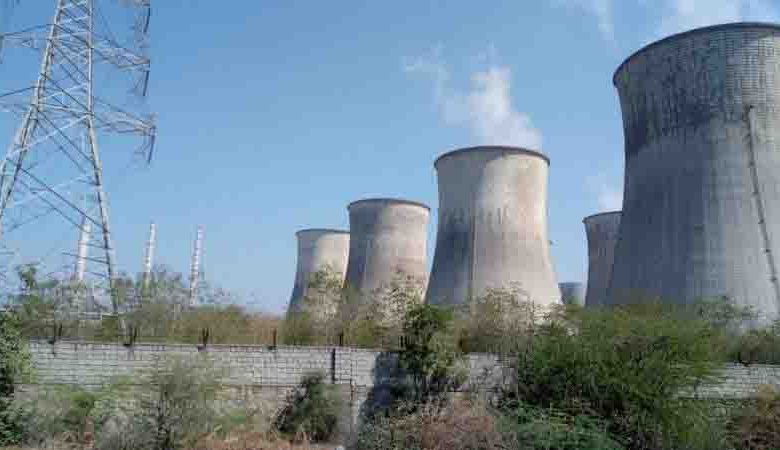Punjab: Impact of changes in pollution control norms for thermal power plants

Punjab: The central government this week reversed a decade-old order mandating the installation of flue gas desulphurisation (FGD) systems at thermal power plants. From now on, only about 11 per cent of India’s 600 thermal power plants (TPPs) will have to mandatorily install FGD systems, pollution control devices designed to remove sulphur dioxide (SO₂) from the flue gas emitted during the combustion of coal at TPPs. These 11 per cent plants are located within a 10-km radius of the national capital region or cities with a population of at least one million, according to the 2011 census. For such plants, the government in its latest decision has extended the deadline for FGD installation from 2017 to December 30, 2027. According to a section of the industry, this latest decision is also expected to reduce the cost of electricity by 25-30 paise per unit, as 78 per cent of coal-based power plants, including private ones, will not be required to install FGD systems. According to state-run NTPC, it costs Rs 50 lakh per megawatt and Rs 1.2 crore per megawatt according to private companies. This relaxation in norms comes at a time when India is rapidly moving towards adding 90 gigawatt (GW) of coal-based power generation capacity in the coming six years to meet the country’s growing energy needs. India’s peak power demand is estimated to reach 458 GW by 2032, and to meet this, the country is planning to increase its overall power generation capacity from the current 476 GW to 900 GW.





